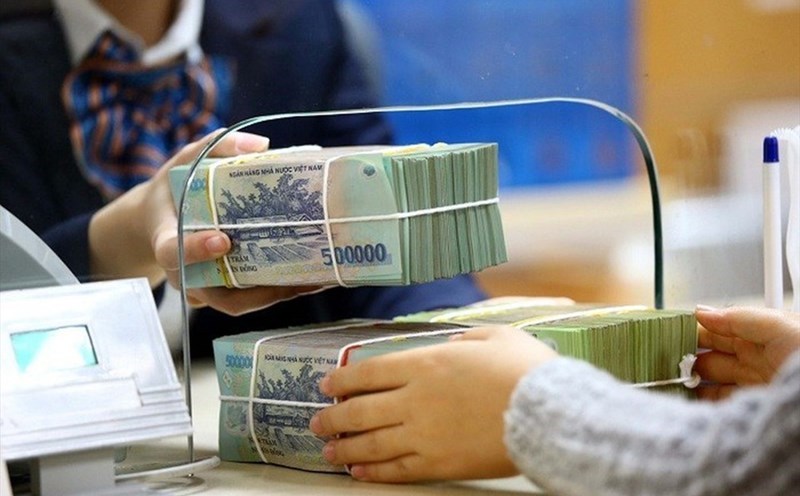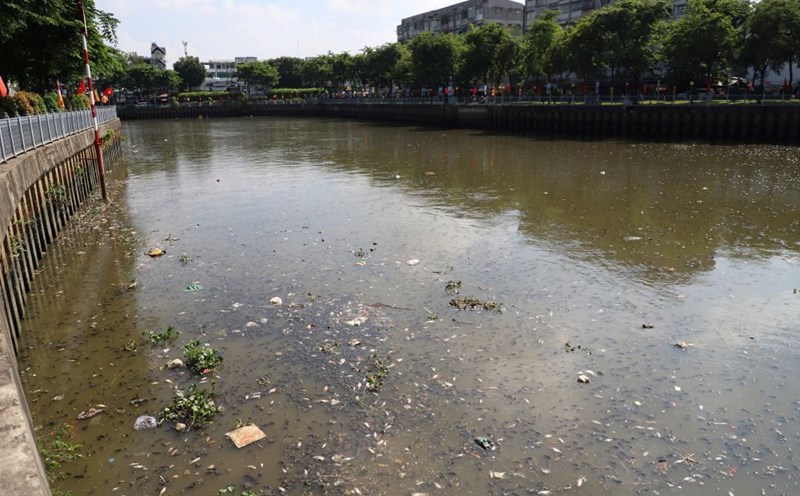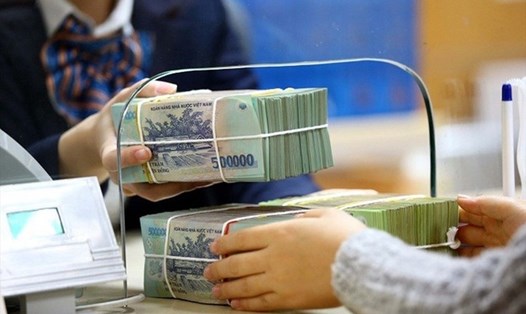Customers delay, guaranteed assets are difficult to recover
Since Resolution 42/2017/QH14 expired in August 2022, credit institutions (CIs) have encountered many difficulties in handling bad debts and recovering collateral (GIA). In a report to the State Bank of Vietnam (SBV) on difficulties and problems related to handling administrative procedures, representatives of TPBank and MB said that the number of lawsuits increased sharply, the processing time was extended, while many customers with bad debts did not cooperate.
According to MB, the total scale of administrative procedures related to bad debts under the scope of the previous Resolution 42 is up to VND 8,900 billion (as of March 2024). When this resolution expires, banks no longer have a mechanism to directly seize assets, causing the debt collection time to increase by 27% compared to the same period last year, while the cost of debt settlement increases by 2% due to the need to apply additional litigation and enforcement measures. The number of bad debt lawsuits skyrocketed, in 2024 alone, MB filed 960 lawsuits, 2.8 times higher than in 2022.
TPBank representative said: "Previously, thanks to Resolution 42, the bank was able to seize assets within a few months. Currently, all procedures have to go through court, lasting for many months, even more than a year".
According to TPBank, since the special mechanism of Resolution 42 no longer exists, many customers with bad debts have deliberately delayed their debt repayment obligations, causing the bank to fall into a passive position. "Many customers refuse to hand over their electronic payment records even though the payment deadline has passed. Some people counter-sued banks, accusing them of extortion to prolong the handling time. With no special mechanism, banks are forced to wait for the court's verdict to be able to seize the collateral," said a representative of TPBank.
MB representative also proposed: "Currently, there are hundreds of overdue debts but TSBD cannot be handled because customers do not cooperate. Suing in court not only takes a lot of time but also increases the cost of debt collection. If there is a clearer legal corridor, we can recover assets faster, reducing damage caused by bad debts".
Need for an alternative mechanism to effectively handle bad debts
Faced with this situation, TPBank and MB proposed a number of solutions to remove difficulties in handling bad debts. TPBank representative said that legalizing regulations on bad debt handling and inheriting the mechanism of Resolution 42 is necessary. "Banks need to have the right to confiscate collateral when customers do not fulfill their debt repayment obligations, instead of having to wait for the court's decision to prolong," TPBank representative suggested.
MB also said that it is necessary to speed up the legal process in court to avoid the situation where the case will last for many years, affecting banking operations. "We hope that local authorities will be responsible for supporting banks in recovering collateral assets instead of letting banks handle all problems themselves," MB representative proposed.
If there is no mechanism to replace Resolution 42 soon, handling bad debts will face many difficulties, affecting the ability of banks and the economy to rotate capital. "The State Bank and relevant agencies need to take action soon to remove this difficulty, avoiding the risk of increasing bad debt," a representative of a commercial bank recommended.
SBV proposes legalizing bad debt handling mechanism
The State Bank of Vietnam (SBV) said that 2025 is identified as the year of accelerating bad debt handling, creating a foundation for the financial system to operate stably, supporting economic growth.
On February 11, 2025, at the meeting of the Government Standing Committee with credit institutions (CIs), the Prime Minister assigned the SBV to urgently develop a dossier and submit to the National Assembly in the upcoming May session to legalize Resolution 42/2017/QH14 on piloting bad debt handling.
In the draft submitted to the Government, the SBV emphasized that the legalization of the provisions in Resolution 42 aims to create a synchronous legal framework for handling bad debts, ensuring consistency with reality and removing legal obstacles that are hindering credit institutions, debt trading organizations, and debt handling to exercise their legal rights in debt collection and handling of collateral.
The SBV also affirmed that the policy development must ensure a balance between the legitimate rights of credit institutions, debt collection organizations and asset guarantee parties, avoiding creating dis competition between lenders and borrowers.











